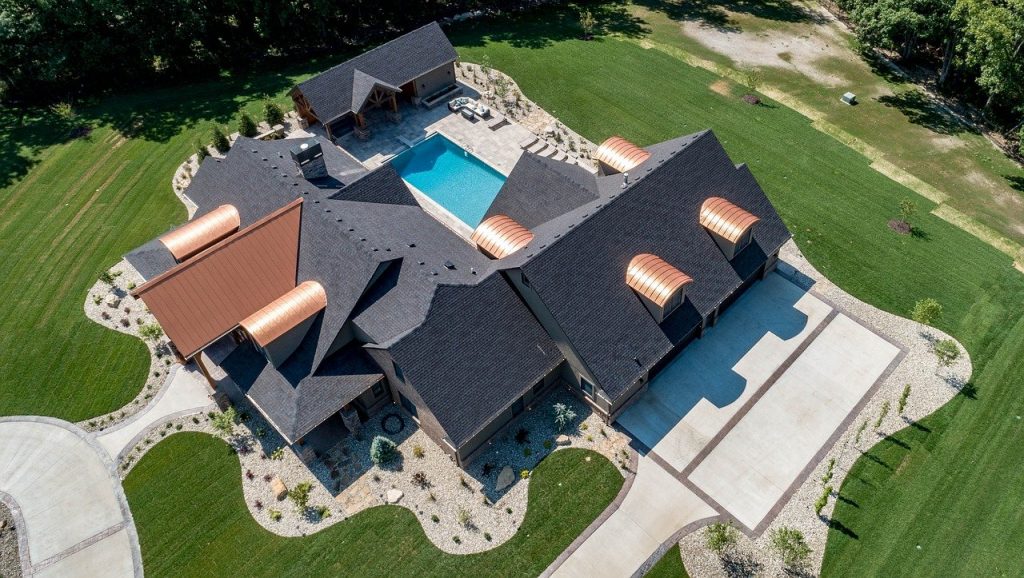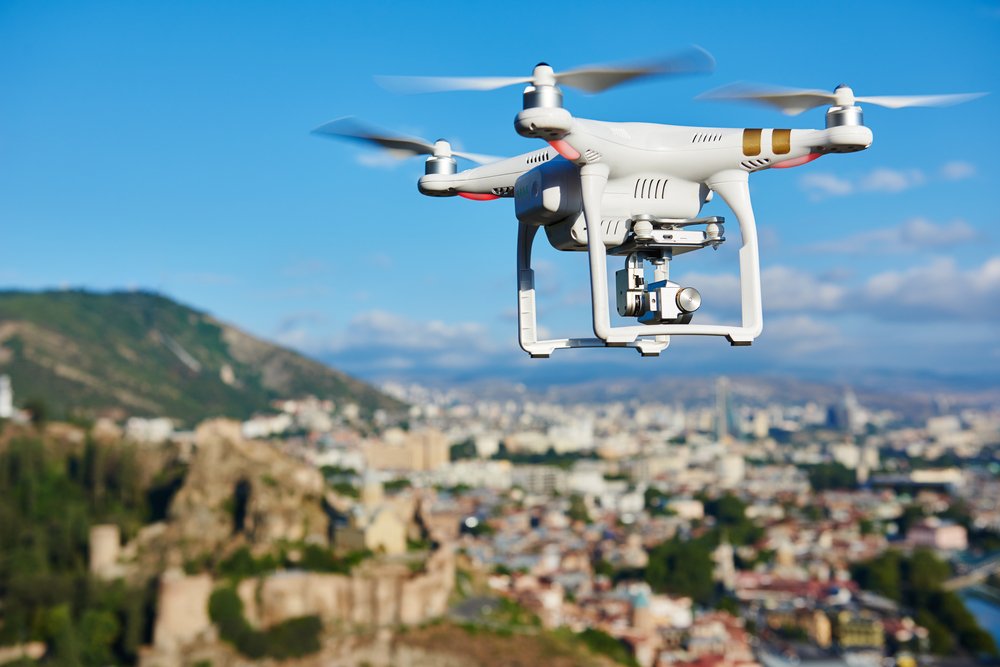From tech junkie’s dream to a commonplace Christmas present, the rise of the consumer drone has been exponential over the last few years. In regards to land and property, they can be of great use. They allow us to survey large swathes of land we own or are considering buying very quickly. Farmers have been known to use them to obtain evidence of trespass whilst others use them to create maps using photogrammetric scanning to reveal the topography of the land. Drones are often commonly used by landowners to take birds-eye photos of their land for advertising purposes, check the conditions of roof tiles and solar panels more easily, and access areas that may be dangerous for human exploration.
However, it is clear from the situation that occurred at Gatwick Airport, where thousands of people were at the mercy of a single rogue drone that their presence may not always be welcome. But how has the UK’s law evolved to deal with this technological craze and, what can you do about drones flying over your property?

The law concerning drone usage is quickly developing. The long-awaited Drones Bill will soon come into force, and the pilot of any drone weighing more than 250g will be required to register with the Civil Aviation Authority as well as take a safety test or face a £1000 fine. The developments do not, however, appear to do much to protect the rights of land or property owners concerned about drones flying over their houses, gardens or fields. In fact, both the new Drones Bill and the already existing Air Navigation Order (ANO) limit the height at which a drone can legally fly to 400m – actually forcing them to fly much closer to
So what can actually be done if you have drones flying around your property?
Well, the answer is that it depends.
What it depends on is whether the drone has a camera attached, and how close it is flying to your property. A very niche piece of law, the Air Navigation Order, states at Article 95 that a drone with surveillance capabilities, essentially a camera of some kind, cannot fly within 50m of a vehicle, vessel or structure.
Legal jargon aside, this means that a camera drone cannot fly within 50m of your car, boat, caravan, house, warehouse or any other building that
The law doesn’t protect all landowners, only those with a building on their land. So it might protect your house, but not your field or larger garden. Not much use to farmers. Similarly, it will only apply to drones with cameras on. So if your issue is more with annoying noise or conceptual invasion of your private life that even camera-less drones bring, you will still not be protected by this law.
If your drone-related issue doesn’t fall into these criteria, in current UK Law you have only one more logical place to turn to – the general law of trespass. For many, this would be the obvious place to seek recourse. After all, these drones are trespassing in your airspace – aren’t they?
Quite frankly, the answer is no. Though it was once believed a landowner owned everything relating to his/her land, “from the heavens above to the hell below” it’s very clear that in modern law, it has been decided that this isn’t the case at all.
In fact, the case of Bernstein v Skyviews & General Ltd [1977] EWHC QB 1, where a light aircraft would fly extremely low over a man’s property and take photographs was not deemed to be a trespass demonstrates that in reality, states that you only have rights to the airspace over your land to a height you can practically use.
So, unless your issue is with high flying drones, or with drones with cameras flying very close to your building/vehicle/vessel, your land has no protection in UK law at this moment in time.
But never fear, progress appears to be imminent! A Parliamentary consultation, due to close in early 2019 is considering several options, some of which may help with our issue. The most interesting example is a proposition to force drone pilots to submit flight plans before taking off, to ensure they do not interfere with any property. This would, in theory, allow landowners like you and me to object to their flight plans if they cause us unreasonable disturbance or loss – in Heathrow Runway 3 style.
So, in answer to our initial question, the UK’s land law has not adapted very well to protect landowners from drones, and currently, there is very little you can do. Change, however, maybe on the horizon.


